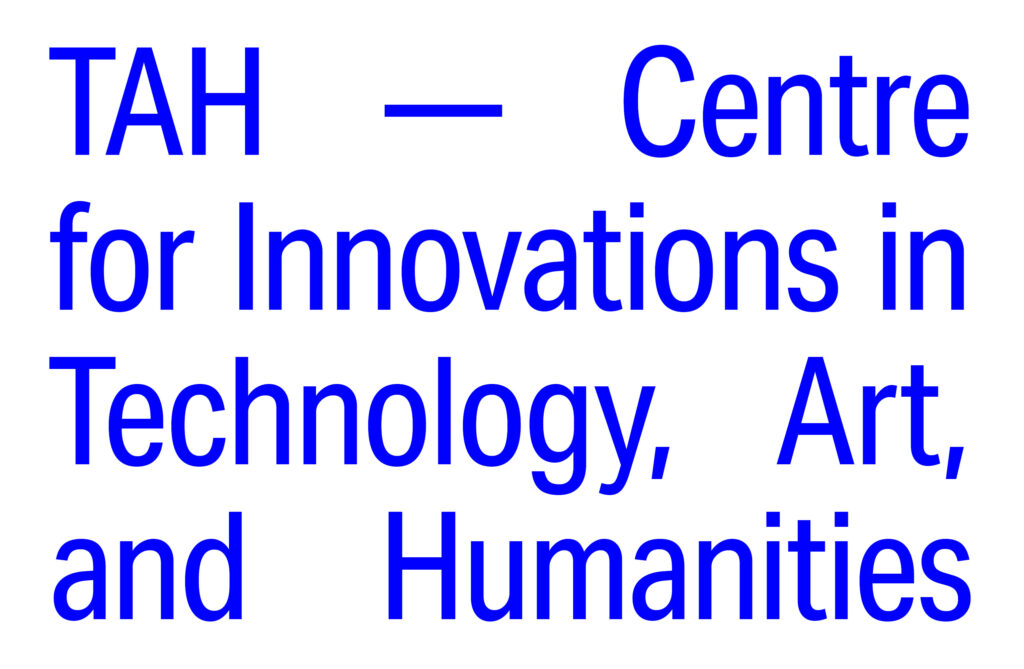Leibniz Institute for Regional Studies (Germany)
The Leibniz Institute for Regional Geography is the only research institute for geography in Germany which is not attached to a university. The research carried out at the IfL is concerned with spatial structures and current developments that have a spatial impact in Europe, as well as with the theoretical and historical foundations of Regional Geography.
University of Cologne, IDH (Germany)
The Department of Digital Humanities (IDH) was founded on 19 July 2017 by the Faculty of Arts and Humanities of the University of Cologne and is an amalgamation of the Chairs of HKI and Linguistic Information Processing with a Junior Professorship for Digital Humanities.
The Digital Humanites are broadly represented at the University of Cologne. The IDH works closely with the other DH institutions of the University, the Cologne Center for eHumanities, the Data Center for the Humanities and Archaeoinformatics.
C²DH (Luxembourg)
The Luxembourg Centre for Contemporary and Digital History (C²DH) is the University of Luxembourg’s third interdisciplinary research centre, focusing on high-quality research, analysis and public dissemination in the field of contemporary Luxembourgish and European history. It promotes an interdisciplinary approach with a particular focus on new digital methods and tools for historical research and teaching.
Fraunhofer ISI (Germany)
Fraunhofer ISI conducts research as an independent thought leader for society, politics and industry.
TU Wien, Research Unit Geoinformation (Austria)
The ability to create, model and link spatial data, as well as to communicate it to society and utilize it scientifically, is at the heart of the work at the Department of Geodesy and Geoinformation. The research unit Geoinformation contributes to these goals by research related to GeoAI, Mobility, and Spatial Human Computer Interaction. In doing so, we employ a variety research methods and sensors, ranging from purely computational approaches to eye tracking.
Geoimaging (Cyprus)
GeoImaging Ltd is a SME in Cyprus, established in 2002 at Nicosia. The company offers scientific and professional solutions in Geo-informatics and IT. It is also active in Research and Development (R&D) programs in EU and national funded projects, providing consultations services as well.
The services and consultations of Geoimaging are tailored towards Geoinformatics and IT area that helps public and private sector succeed with improving their performance and implementing projects. The goal of Geoimaging is to support its clients and partners in completing projects successfully and responsibly.
Universität Wien, Department of Geography and Regional Research (Austria)
Our mission at the Department of Geography and Regional Research is to advance cutting-edge, creative and globally competitive research, which defines our discipline and has positive impacts on society and to translate this research into excellent teaching. This will empower our students to become critical and responsible graduates, teachers in Geography and Economic Education and global citizens. We strongly believe that Geography with its focus on space-time relationships and dynamics is centrally relevant for tackling the grand societal challenges that we are currently facing.
University of Bristol, School of Geographical Sciences (United Kingdom)
Bristol is one of the most popular and successful universities in the UK, ranked 54th in the world in the QS World University Rankings 2025.
Bristol is at the cutting edge of global research. We have made innovations in areas ranging from cot death prevention to nanotechnology.
Wrocław University of Science and Technology, Faculty of Information and Communication Technology (Poland)
The Faculty of Information and Communication Technology will perform research in the rapidly developing fields of computer science related to Industry 4.0. As a result, we will be able to offer modern teaching solutions that meet the socio-economic needs of the information society. Friendly conditions for the development of young researchers will create an opportunity for the Faculty to dynamically develop and to train well-educated young scientists who will raise to the IT-related challenges posed by the modern world.
Tadeusz Manteuffel Institute of History
Polish Academy of Sciences (Poland)
The Institute conducts research on Polish and World history, from the Middle Ages up to the 20th century. Some of the research projects are being conducted in co-operation with other institutions, both in Poland and other European countries.
The Institute consists of 12 departments (zakłady) and 13 sections (pracownie) of different profiles, mainly chronological or thematic. Some of them conduct research on particular regions of Europe or Poland over longer periods of time.
TAH Centre for Innovations in Technology, Art, and Humanities (Czech Republic)
TAH Centre for Innovations in Technology, Art, and Humanities is a Czech-based association and cross-disciplinary hub established in 2024 and focused on fostering innovation ecosystems. TAH bridges gaps between different fields, organisations and sectors by facilitating collaboration, capacity building and knowledge transfer across new technologies, arts, humanities, and social sciences.
The organization specializes in multi-disciplinary education, innovation, impact and policy development. TAH’s mission focuses on strengthening the innovation ecosystem through targeted interventions and activities that connect technological advancement with artistic practice and societal needs.
University of Luxembourg, Department of Humanities (Luxembourg)
As the hub for human sciences at Luxembourg’s only public research university, our Faculty plays a unique and important role in society. Our research explores key issues that matter to Luxembourg today – from multilingualism to diversity – offering valuable insights into a fast-changing world. The faculty’s research and teaching focuses on social, economic, political and educational issues with the common goal of contributing to an inclusive, open and resourceful society.
The activities of the Faculty are both internationally recognised and nationally relevant. It plays an essential societal role for various national partners through the training of education and social work professionals, the publication of national research reports, advising on public policy, and the research and teaching of the country’s history, culture, and language.










